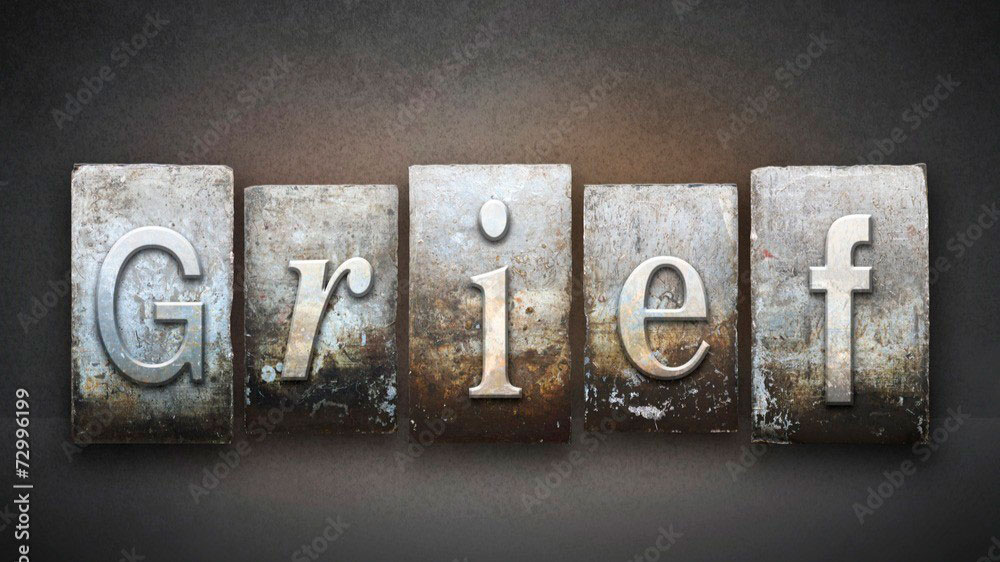As I have spoken to leaders over the past few weeks, I have observed and experienced myself, a broad range of uncomfortable and difficult emotions. One prevalent one is grief. Grief is a deeply personal emotion. It hits everyone differently.
That presents a real challenge for a leader of a mission-driven organization who—surrounded by people who play key roles in making the world a better place—wants to get back on track for the important work ahead. How can you lead when you are experiencing loss or grief AND your staff are also experiencing an equally broad and deep set of emotions?
I didn’t truly understand the lessons I needed to learn about grief until January of this year when my cousin Milo succumbed to a 3 year cancer battle. Milo was the brother I never had, someone who had overcome so much hardship in life to become a beautiful human being, precious to me and everyone else he touched in his life. He lived with the motto that this moment would “never come again.” I really thought I was prepared for his death. But when the day finally came, I was devastated.
We’ve all heard about the seven stages of grief: denial, bargaining, anger … whatever. Maybe it works for some people, but it didn’t go that way for me. Mine was sort of an exhaustion, a dysfunction, a “I just can’t ‘get over it” kind of grief. I tried every conventional and nonconventional grief therapy and yet still found myself sitting with the grief and loss months later. I am still sitting with the grief and still trying to learn the lessons of loss and grief his death has given to me.
As I said, over the last few weeks, a lot of leaders are feeling pressure to move their organizations forward, to get past this thing and move on to the next thing. That’s very much a leader thing to do: chart a course, rally the crew and set sail. Here is the caution for those trying to move on too quickly, they are not bringing their people along with them.
This election meant a lot to those who work in the social sector. It represented hope, a chance to finally move forward in so many areas: climate, environment, women’s rights, immigration, homelessness, rule of law, racism, sexism, and the list goes on. It was a chance to put down the hate that has seemingly permeated our society. The grief many are feeling now is for the loss of that hope.
Here’s what I have learned about grief: It doesn’t follow a linear path and you can’t rationalize it away, for yourself and certainly not for others. You’ve got to make room for it, sit with it, and ultimately, understand the lesson/lessons it has to teach you. While your grief is your own, it is best resolved in community with others through conversation, compassion and the sharing of emotion. Then, maybe, you can start thinking about moving on.
What lesson did I ultimately learn from Milo’s abbreviated time on this planet? I learned that we have nothing guaranteed past this one moment. Yes, it’s important to think about the future and plan for it, but we aren’t owed it. There is no guarantee for us past this present moment. And we certainly don’t know what the future holds in store for each of us, our. It’s important to live in the present and make the most of what we can do right now.
For you, as a human being who also happens to be a leader, your invitation is to hold space for all of it: the desire to move on, the desire to support your staff, the uncomfortable feelings of grief, sorrow, loss of hope. Yes, you’ve got to show up at work, attend meetings, keep moving your staff and your strategic plan forward. AND it’s important not to try and do too much until you’re ready. You’ve got to find a way to hold these two things at once.
Your organization and your staff need the same. Of course, work has to get done and you should do your best to help facilitate that. But now isn’t the time to start your new master planning process or launch a bold new project. Maybe postpone the training on the new performance management system.
That time will come, but for the moment, your best move is to take a beat or two, find ways to be in community with your team, your family, your friends, and make sure you all are internalizing the lessons the last few weeks and the events of this year have taught you. While the grieving for lost hope will never fully go away, you and your organization will learn how to work with it.
I don’t have a peppy meme for you all here that suggests you might be better for this in the end. AND I do know you will have a greater understanding of yourself and the realities of the world you work in. And when you reach that point, you’ll have some clarity on what to do next.
I leave you with the words of Nkosi Johnson. If you don’t know the story of his brief and beautiful life, I invite you to learn more about him. Here is his wisdom for all of us: “Do all that you can with what you have. In the place that you are, with the resources you have been given, in the time that you have.”

